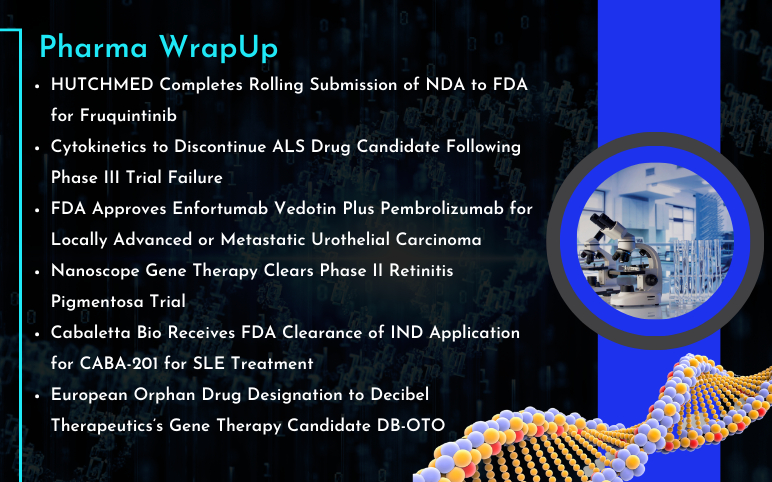
Dec 28, 2016
Systemic Lupus Erythematosus (SLE) is a systemic autoimmune disease. The disease has a highly variable course and prognosis. The term lupus has been used to identify a number of chronic, autoimmune diseases that can damage any part of the body (such as skin, joints, and/or organs inside the body). Common symptoms include painful and swollen joints, fever, chest pain, hair loss, mouth ulcers, swollen lymph nodes, tiredness, and red rashes commonly on the face. The exact cause for SLE is unknown; however, factors such as sunlight and drugs may precipitate the condition and a complex genetic basis have been identified in many studies.
As reported in many epidemiology based studies, the prevalence of SLE in the population is 20 to 150 cases per 100,000. The prevalence rates vary from 164 (white) to 406 (African American) per 100,000, in women. As per Lupus Foundation of America (LFA), it is estimated that at least 1.5 million Americans have lupus. The exact numbers may vary, as there has not been any large scale study conduducted for SLE in USA. More than 16,000 new cases of lupus are reported annually across the country.
In a most recent event in December 2016, GlaxoSmithKline submitted a regulatory application to the Japanese Ministry of Health, Labour and Welfare (MHLW) for belimumab, in adult patients with active, autoantibody-positive systemic lupus erythematosus (SLE). The New Drug Application (NDA) is based on results from two Phase III studies (Northeast Asia and BLISS-SC) and is seeking MHLW approval for belimumab in two formulations; administration via intravenous infusion and subcutaneous injection.
Article in PDF
Generic drugs are dominating the current therapeutic market for lupus disease. Benlysta, a human monoclonal antibody from GlaxoSmithKline is the top-selling medication in the market. The major companies focused on the research and development of therapies for SLE are Roche, UCB, Bristol-Myers Squibb, Anthera, ImmuPharma, Merck Serono, AstraZeneca, Pfizer and GlaxoSmithKline. The pipeline drugs such as Epratuzumab, Anifrolumab and Blisibimod are few late stage emerging therapies being evaluated for the treatment of SLE.
There are many aspects that remain to be elucidated regarding the disease pathogenesis and clinical outcomes. The management of the disease is still a clinical challenge for scientific community due to unexplained aspects of the disease. There is a significant unmet medical need in the field of effective treatments with positive safety profile for better clinical outcomes.
Insight By:
Mohammad Rizwan
Associate Analyst
Article in PDF

